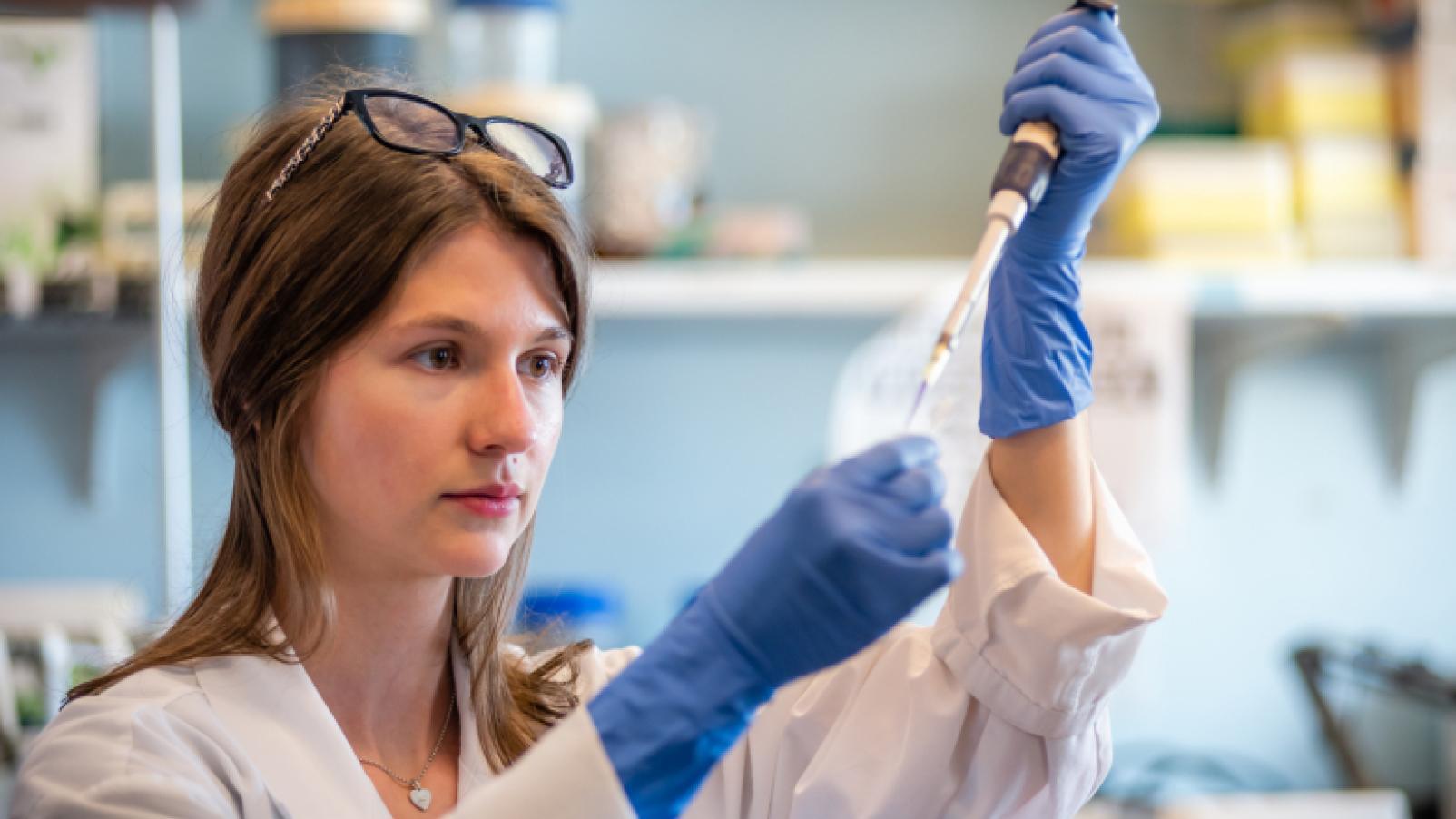Could gene therapy reverse dementia?

A ground-breaking new treatment developed by Australian scientists has reversed the effects of memory loss associated with Alzheimer’s disease in a study of mice with advanced dementia.
A research team co-led by brothers Professor Lars Ittner and Dr Arne Ittner from the Dementia Research Centre at Macquarie University has used gene therapy to treat dementia, by activating a naturally protective enzyme in the brain known as p38gamma. Research has shown the protective effect of p38gamma diminishes as dementia progresses and memory loss increases. Harnessing the protective benefits of p38gamma may therefore prevent memory loss from dementia or even reverse its effects.
“This protective function is tightly linked to the tau protein, a central factor in dementia that is known to promote memory loss. p38gamma can modify tau in a unique way and reduce its bad effects on memory,” Dr Ittner said.
In their study of memory impairments in mice with advanced stages of dementia, the researchers showed that by increasing the activity of the enzyme p38gamma mice recovered their memory function and ability to learn within two months of receiving treatment.
“We found in our experimental models the protective effect of p38gamma can be harnessed to restore memory capacity in the brain. This has very exciting potential to be a gene therapy for dementia,” Dr Ittner said.
“The next steps in our research are, of course, to develop these experimental findings into an efficient and safe therapy that benefits many Australians. In addition, we still do not understand why there is a protective gene like p38gamma in the first place. So our new projects aim to understand more about protective genes in the brain.”
The findings will be published in the September edition of the journal Acta Neuropathologica. The discovery provides a much needed break-through for the treatment of not only Alzheimer’s disease, but also other dementia-related diseases.
